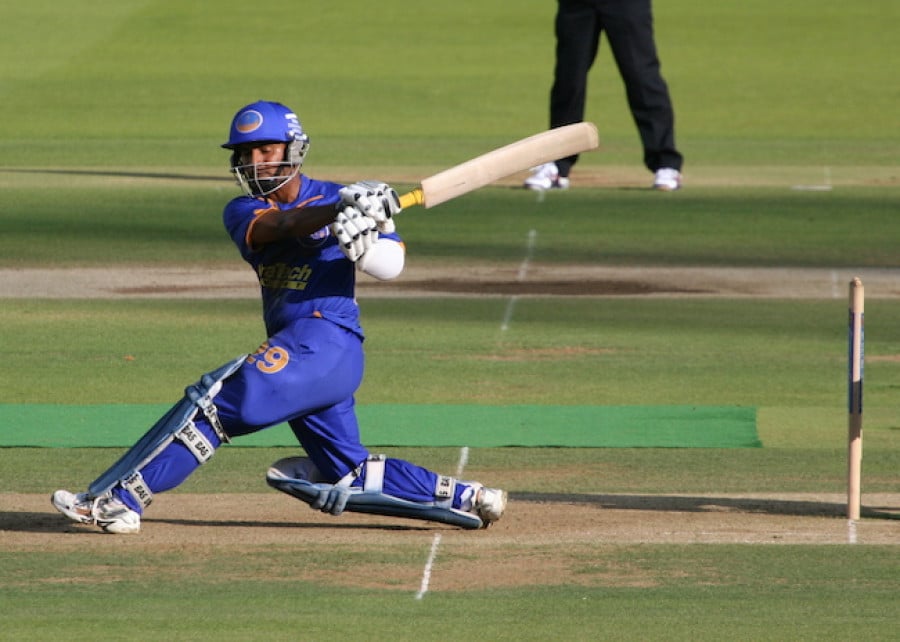A critique of India’s ‘Prevention of Sporting Fraud Bill, 2013’

In recent years, sports in India have been beset with controversy. The fallout from the Commonwealth Games 2010 in Delhi and the allegations of corruption against the organizers has led to growing support for regulating and overhauling sports governance and administration in India.
This support has escalated with further controversies involving national sports federations and their structures including revenue and profit parameters, and more recently, the issue of match-fixing, spot-fixing, and illegal betting in the most popular sport in India- cricket. It was therefore proposed by all concerned that sports administration, governance and participation be regulated and provided a legal framework which covered all aspects of sports in India. It was with this purpose in mind that the central government proposed a legislation that covered any unethical activity in sports.
The anticipated first draft of the 'Prevention of Sporting Fraud Bill, 2013' ("Anti-fixing Bill")1 was recently placed in the public domain in India by the Ministry of Youth Affairs and Sports ("Sports ministry"). This legislation traces its origin to the spot-fixing controversy that engulfed the Indian Premier League ("IPL")- a professional cricket league that is India's most successful and profitable professional sports league in May 2013, when three Indian cricketers from the Rajasthan Royals team were said to have been involved in spot-fixing during certain league cricket matches2. The controversy took a more explosive turn when Gurunath Meiyappan, reportedly the Team Principal/owner of the Chennai Super Kings team was interrogated by the authorities regarding his role in sharing sensitive team information with individuals who were accused of either betting on the IPL matches, or of being 'bookies'. While the probe into the IPL spot-fixing controversy continues, what emerged from the controversy was that there were strict limitations within the existing legal framework to charge or prosecute alleged sporting fraud offenders in India. This is in part due to inadequate penalties through archaic laws (for example, the 'Public Gambling Act' of 1867), or the absence of any law governing fraud on the field of play. Because of this, the Sports ministry and the Law ministry, in an effort to curb unethical activities and corruption/fraud in sports, decided to draft a national legislation that would cover the grey areas/omissions within Indian law in this regard.
'Sports' is a State subject under the Constitution of India. The Sports ministry is granted a role in developing sports and improving governance and accountability parameters through another landmark legislation that is also in the draft phase - the draft National Sports Development Bill, 2013 ("Sports Bill"). Since sports is a State subject, both the Anti-fixing Bill and the Sports Bill will need to be introduced before the parliament, and will require the support of the States as well as the acknowledgment by the lawmakers that the two bills serve the national interest of India.
To continue reading or watching login or register here
Already a member? Sign in
Get access to all of the expert analysis and commentary at LawInSport including articles, webinars, conference videos and podcast transcripts. Find out more here.
- Tags: Anti-Corruption | Cricket | Fraud | India | Indian Premier League | Match-Fixing
Related Articles
- Will banning gifts to players combat corruption in sport?
- Transparency International publishes report on cricket corruption: More protection for whistleblowers needed
- IOC, national governments and the autonomy of sport: An uneasy relationship
- Force India and damages for misuse of confidential information
Written by
Desh Gaurav Sekhri
Desh Gaurav Sekhri is one of the first Sports Attorneys in India, and he leads the Sports law practice at J. Sagar Associates (“JSA”), a premier national law firm, since he joined in February, 2009. He is also the author of “Not Out! The incredible story of the Indian Premier League”.




